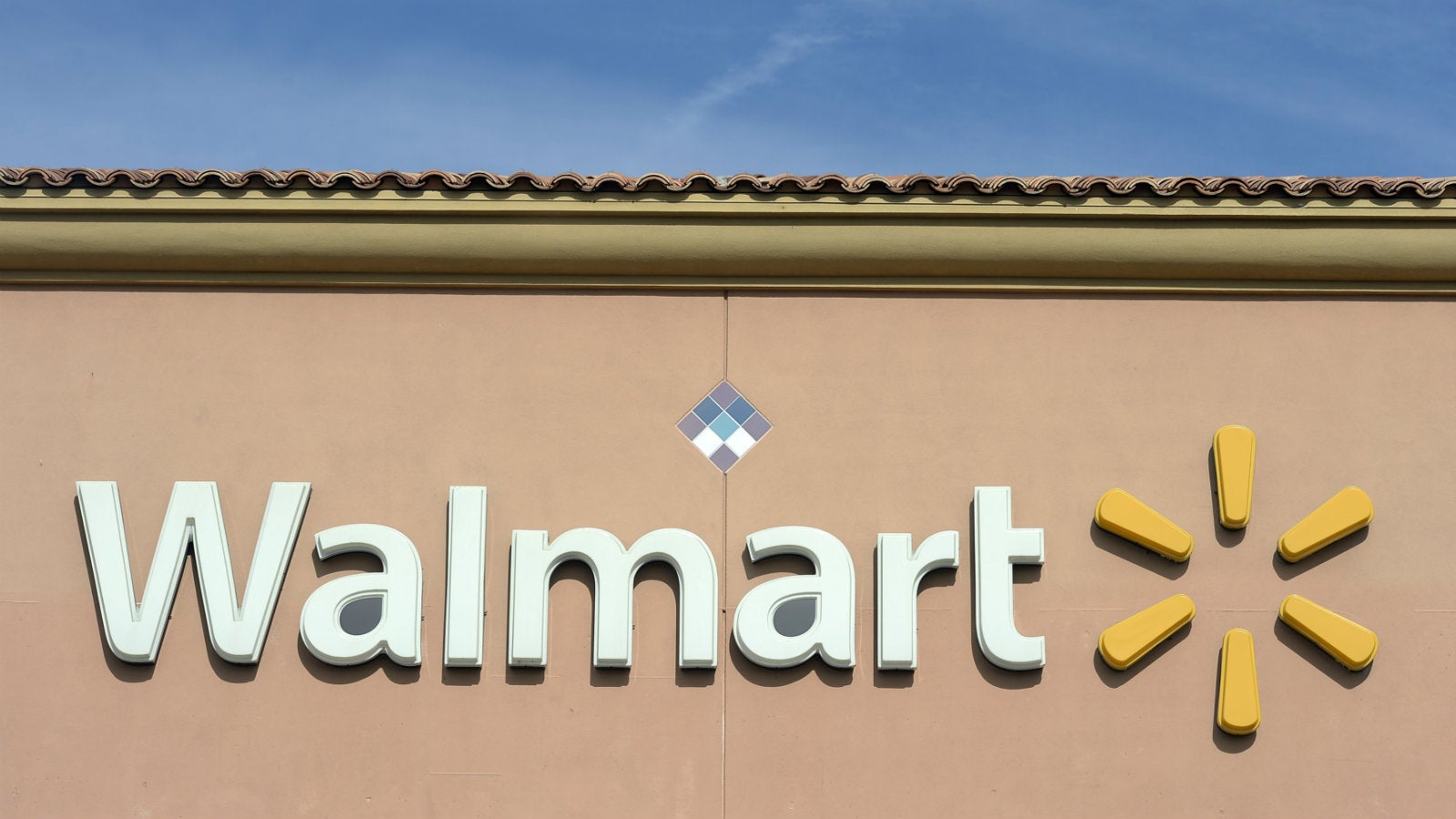Walmart is reportedly in talks to invest up to $1 billion in India’s Flipkart
The world’s largest retailer might make a big play for India’s $22-billion (pdf) e-commerce market.


The world’s largest retailer might make a big play for India’s $22-billion (pdf) e-commerce market.
Walmart is in preliminary talks to invest up to $1 billion in India’s largest online retailer, Flipkart, in exchange for a minority stake in the Bengaluru-based e-commerce company, according to several media reports published on Sept. 28.
The two companies have held early talks and may be meeting sometime this week to take the discussion forward, The Economic Times newspaper reported quoting unidentified sources.
“As a policy, we don’t comment on speculative reports,” a Walmart India spokesperson said. A Flipkart spokesperson also refused to comment on what she labelled as “rumours.”
The investment could come at the perfect time for the Indian company as it struggles to raise fresh funding at its desired valuation, even as several investors have devalued it.
The deal could also help Flipkart in its battle against the Indian arm of American e-commerce giant Amazon. While Flipkart grapples with poor investor sentiment, Amazon has been making big bets on India.
In June 2016, the American online giant announced an additional investment of $3 billion (Rs20,000 crore) in India, taking the company’s total monetary commitment to the country to $5 billion—far more than the total funds raised by Flipkart (around $3.2 billion) and homegrown rival, Snapdeal (around $1.7 billion).
For Walmart, which has been in the Indian market for over a decade, this potential deal may finally provide the push needed to grow beyond the brick-and-mortar business, helping it expand its network in India’s online retail market, much like it did in China with JD.com.
Since it entered India in 2007, Walmart has been struggling with strict government regulations that have hindered its growth in the country’s $600-billion retail market. India does not allow 100% foreign direct investment (FDI) in supermarket chains. The American retailer first partnered with Bharti Retail to open Best Price Modern wholesale stores (that allow small businesses and shops to buy in bulk, 100% FDI is allowed in such a business) in India.
In 2013, the partnership fell through following differences between the two companies. What’s more, the partnership battled corruption allegations as Walmart’s top employees were accused of bribing officials to get stores opened.
Since then, Walmart has been on a solo journey in India, cleaning up its act and awaiting government policies that would make it easier to invest fully in front-end supermarket stores. Meanwhile, it has remained in the wholesale business, running 21 such stores across India. In 2014, it decided to grow its wholesale business online, linking its in-store inventory to its websites.
Now, a partnership with Flipkart can potentially propel it into an entirely different orbit.